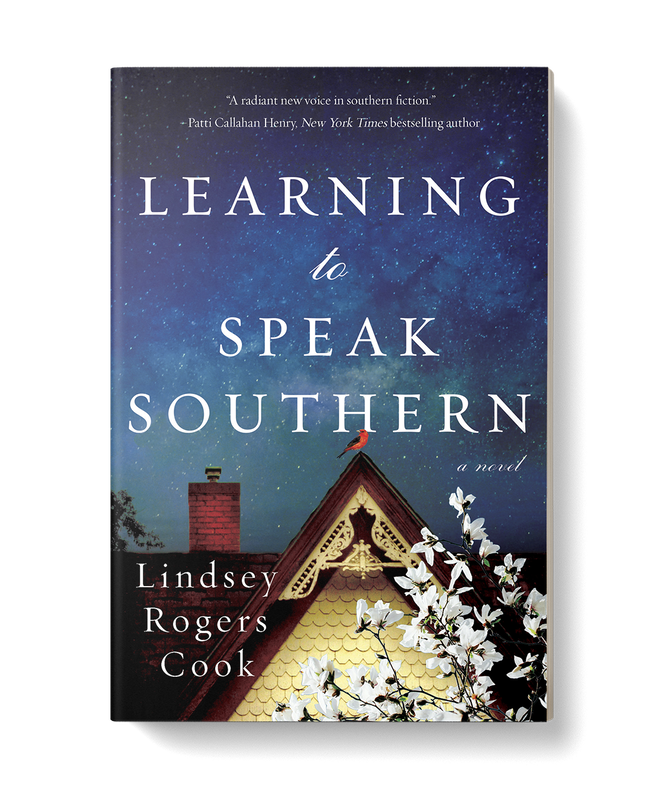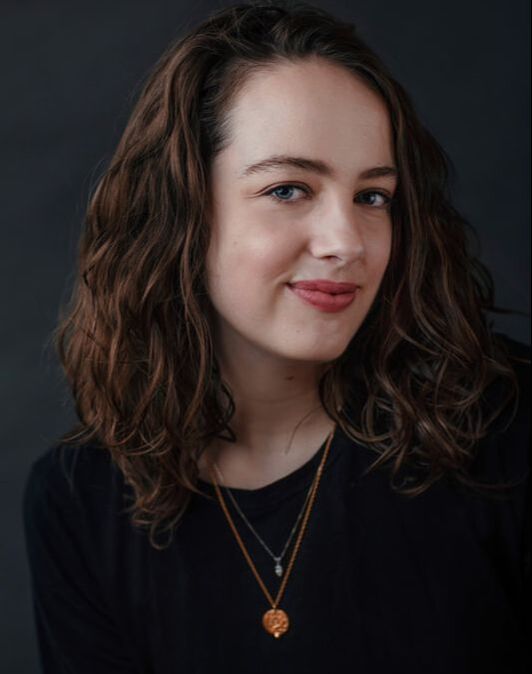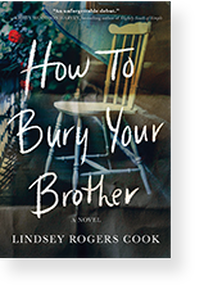Learning to Speak SouthernA searing Southern story about confronting the difference between the family you’re born into and the family you choose.
Lex fled Memphis years ago, making ends meet with odd jobs teaching English around the world. She only returns when she has no choice, when her godmother presents her with a bargain she can’t refuse. Lex has never understood her mother, who died tragically right before Lex’s college graduation, but now she’s got a chance to read her journals, to try and figure out what sent her mother spiraling all those years ago. The Memphis that Lex inhabits is more bourbon and bbq joint than sweet tea on front porches, and as she pieces together the Memphis her mother knew, seeing the lure of the world through her mother’s lush writing, she must confront more of her own past and the people she left behind. Once all is laid bare, Lex must decide for herself: What is the true meaning of family? |
About the author:LINDSEY ROGERS COOK is an editor at the New York Times, previously at U.S. News & World Report. She’s a member of the Women’s Fiction Writers Association. How to Bury Your Brother is her first novel. Lindsey lives in New Jersey, across the Hudson River from New York City.
VISIT LINDSEY ONLINE: |
How to Bury Your BrotherHer brother’s letters reveal everything—if only he’d written one to her.
Alice always thought she’d see her brother again. Rob ran away when he was fifteen, with so many years left to find his way home. But his funeral happened first. Now that she has to clear out her childhood home in Georgia, the memories come flooding in, bringing with them an autopsy report showing her family’s lies—and sealed, addressed letters from Rob. In a search for answers to questions she’s always been afraid to ask, Alice delivers the letters. Each dares her to open her eyes to her family’s dark past—and her own role in it. But it’s the last letter, addressed to her brother’s final home in New Orleans, that will force her to choose if she’ll let the secrets break her or finally bring her home. Everything I Never Told You meets The Night Olivia Fell set against a vivid Southern backdrop, How to Bury Your Brother follows a sister coming to terms with the mystery behind her brother’s disappearance and death. |
Subscribe to our newsletter!
Sign up to learn about new books, giveaways, activities, authors, and more from Sourcebooks Landmark!
You can unsubscribe at any time by clicking the link in the footer of our emails. For information about our privacy practices, please visit our website.





















